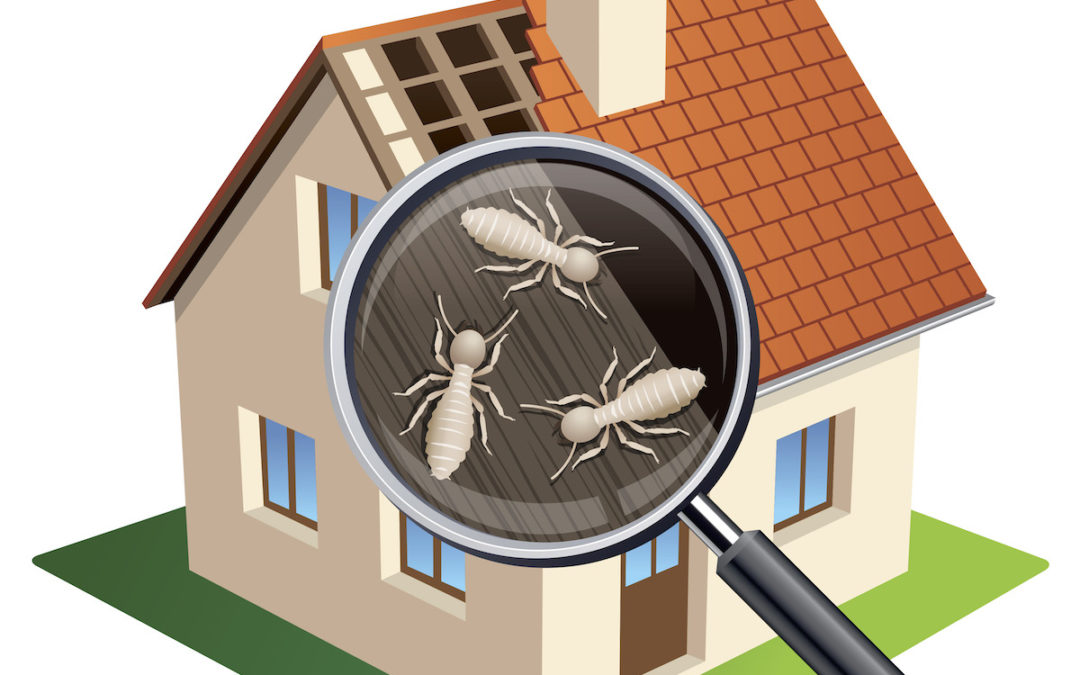Effective Ant Control: Professional Services to Eliminate Ant Infestations
Wiki Article
Ecological Effect of Insect Control: Harmonizing Effectiveness With Sustainability
The environmental effect of parasite control is a vital problem that needs a fragile equilibrium in between accomplishing efficiency in handling insects and making certain sustainability of our ecosystems. From the usage of hazardous chemicals that leak right into our soil and water to the unintended repercussions on non-target species, the repercussions of traditional parasite control methods are far-reaching.Hazardous Chemicals in Pest Control
The usage of hazardous chemicals in insect control positions substantial environmental and health risks that warrant mindful consideration and mitigation approaches. Pesticides, herbicides, and pesticides are typically used to remove insects, yet their extensive application can result in unexpected effects. These chemicals can contaminate soil, water resources, and the air, impacting not just the targeted insects however additionally beneficial pests, wildlife, and human beings.
To deal with these risks, integrated bug monitoring (IPM) techniques are being promoted as a much more sustainable option. IPM includes a combination of approaches such as organic control, environment manipulation, and the targeted use chemicals as a last resource (ant control lake norman of catabwa nc). By embracing an all natural method to pest control, we can minimize the environmental and wellness effects related to damaging chemicals while successfully managing pest populations
Effect On Non-Target Variety
Thinking about the unplanned repercussions of pest control methods, the effect on non-target species is a vital element that requires comprehensive assessment. While bug control steps intend to target specific parasites, various other microorganisms in the ecological community might be inadvertently influenced. Non-target species, consisting of helpful pests, birds, mammals, and even plants, can endure direct or indirect injury from pesticide applications or organic control techniques.Pesticides created to fight a certain insect pest may damage pollinators like bees or all-natural killers such as ladybugs. Organic control agents, if not species-specific, can position threats to unintended targets, interfering with the environmental equilibrium.
To mitigate the influence on non-target species, incorporated bug monitoring (IPM) techniques that emphasize a holistic technique to pest control are suggested. These approaches focus on making use of eco friendly techniques, minimizing injury to valuable microorganisms while successfully taking care of pest populaces. Performing detailed threat analyses and monitoring the results of pest control efforts are necessary action in guarding non-target varieties and promoting overall ecological community health.
Dirt and Water Contamination
Unintentional ecological effects of pest control approaches extend beyond influencing non-target types, with significant ramifications for dirt and water contamination. Chemicals, herbicides, and chemical plant foods utilized in bug control can seep right into the dirt and pollute groundwater, posing a danger to both earthbound and water ecosystems. Soil contamination can interrupt the balance of microbes crucial for nutrition biking and plant development, leading to reduced soil fertility and productivity. These chemicals can linger in the atmosphere for extended periods, building up in the soil and possibly getting in the food chain.Water contamination is one more vital concern linked with bug control techniques. To minimize dirt and water contamination from insect control activities, incorporated pest administration strategies that focus on sustainability and decrease chemical inputs are critical.
Air Contamination From Pesticide Use
Exposure to air-borne pesticides during farming applications postures a considerable worry for air contamination control measures. Additionally, pesticide drift, where pesticides are lugged by the wind to unexpected areas, can lead to the contamination of close-by environments and water bodies.
Strategies for Sustainable Insect Control
In the world of farming practices, carrying out sustainable insect control techniques is paramount for keeping ecological balance and protecting plant returns. Sustainable parasite control highlights the use of environmentally pleasant methods to take care of bug populaces efficiently while lessening damage to non-target microorganisms and ecological communities. Integrated Insect Administration (IPM) is a widely embraced method that combines organic, social, physical, and chemical control approaches to accomplish long-term insect management solutions.Crop turning and diversity are likewise effective methods to interfere with pest life cycles and produce much less beneficial conditions for pests to thrive. Inevitably, by integrating these sustainable parasite control approaches, farmers can accomplish a balance in between pest monitoring performance and ecological stewardship.
Verdict
In final thought, the environmental effect of bug control approaches have to be very carefully taken into consideration to stabilize efficiency with sustainability. Hazardous chemicals made use of in bug control can result in soil and water contamination, air contamination, and damage non-target varieties - ant control services. It is vital to apply sustainable parasite control approaches to minimize these negative impacts on the setting and promote a healthier environment for Recommended Site future generationsBy adopting an alternative technique to pest control, we can lessen the environmental and health influences associated with hazardous chemicals while successfully managing pest populations.

To alleviate the air contamination created by chemical use, it is important to adopt integrated bug administration methods that focus on the usage of non-chemical pest control approaches, such as plant rotation, natural predators, and immune plant selections. Lasting bug control highlights the usage of environmentally pleasant techniques to take care of insect populaces properly while minimizing injury to non-target organisms and environments. Integrated Insect Administration (IPM) is a widely embraced technique that combines organic, social, physical, and chemical control approaches to attain long-term pest administration remedies.
Report this wiki page